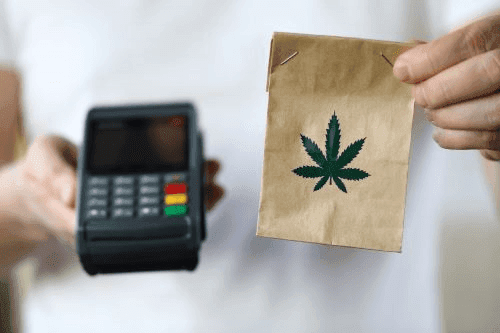
Well, sorry, As of July 2021, I cannot answer that.
The Supreme Court of Georgia recently denied a motion by the State Bar to amend Rule 1.2 that would have allowed lawyers in Georgia to provide legal advice to marijuana businesses on how to operate. Now, this advice is no longer allowed, and lawyers will be punished if they provide it.
Why? A lawyer cannot “counsel clients to engage in conduct that the lawyer knows is criminal or fraudulent, and to assist clients in such conduct, so long as the conduct is not a crime under Georgia law.” Because the marijuana business is illegal in the state of Georgia (as is the possession of marijuana) lawyers are not allowed to give advice on how to commit crimes--i.e. how to possess marijuana, grow marijuana, and sell marijuana.
Here is the full Georgia Bar rule:
RULE 1.2 SCOPE OF REPRESENTATION AND ALLOCATION OF AUTHORITY BETWEEN CLIENT AND LAWYER
- Subject to paragraphs (c) and (d), a lawyer shall abide by a client's decisions concerning the scope and objectives of representation and, as required by Rule 1.4, shall consult with the client as to the means by which they are to be pursued. A lawyer may take such action on behalf of the client as is impliedly authorized to carry out the representation. A lawyer shall abide by a client's decision whether to settle a matter. In a criminal case, the lawyer shall abide by the client's decision, after consultation with the lawyer, as to a plea to be entered, whether to waive jury trial and whether the client will testify.
- A lawyer's representation of a client, including representation by appointment, does not constitute an endorsement of the client's political, economic, social, or moral views or activities.
- A lawyer may limit the scope and objectives of the representation if the limitation is reasonable under the circumstances and the client gives informed consent.
- A lawyer shall not counsel a client to engage in conduct that the lawyer knows is criminal or fraudulent, nor knowingly assist a client in such conduct, but a lawyer may discuss the legal consequences of any proposed course of conduct with a client and may counsel or assist a client to make a good faith effort to determine the validity, scope, meaning or application of the law.
The maximum penalty for a violation of this Rule is disbarment.
So, for now, I cannot help you run a profitable marijuana business. But, if you get caught running one, I can certainly defend you in court!
